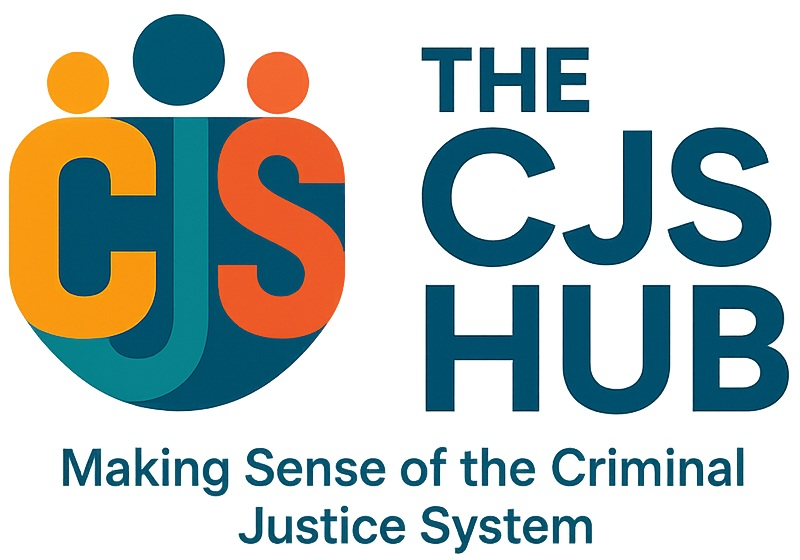What Happens When You Plead Guilty
Pleading guilty means you accept responsibility for the offence. There’s no trial—your case moves straight to sentencing. That might be a fine, community order, or imprisonment depending on the offence’s seriousness.
The big trade-off:
- Sentence reduction. You could get up to one-third off your sentence for an early guilty plea. The earlier it is entered, the bigger the discount. If you plead guilty only on the day of trial, reductions are as low as 10%.
- Practical relief. Especially if you’re on remand, a guilty plea can mean immediate release based on time served. That has become more common as court delays force people to spend much longer behind bars unnecessarily.
But rushing to plead guilty can have deep consequences—emotionally, legally, and ethically.
What Happens When You Plead Not Guilty
Pleading not guilty means your case will go to trial, and the court must find you guilty beyond reasonable doubt.
The benefits:
- Defending your innocence. If there’s a chance you didn’t commit the offence or have a defence, you can challenge evidence and push for acquittal.
The risks:
- If convicted, you may face a harsher sentence than if you had pleaded guilty early, because you lose out on the reduction.
- Court delays and uncertainty. Trials can be pushed back for months or years—delays that damage family life, stability, and mental health.
Real Pressures on the System
Lengthy trials, backlogs, and remand overcrowding have led many people—sometimes even innocent—to plead guilty just to escape prison. Some remand prisoners have been told they will be released immediately if they plead guilty, even if evidence is weak. This creates a system that unwittingly makes guilty pleas seem like the easiest path.
Can You Change Your Plea?
Yes—sometimes.
From Not Guilty to Guilty
Easy enough. You can change your plea to guilty at any point before the verdict. Judges typically allow it, and you may still receive some sentence reduction, depending on timing.
From Guilty to Not Guilty
This is harder—but possible in certain circumstances:
- The court has judicial discretion to allow a plea withdrawal before sentencing, especially if:
- The plea was equivocal (uncertain, e.g., “Guilty, but…”)
- You can point to undue pressure or poor legal advice at the time
- There’s a serious procedural unfairness or new evidence emerges
However, the court treats such requests cautiously. The application must be made promptly and in writing, clearly explaining why keeping the guilty plea would be unjust. You’ll need legal support to make a strong case.
Compare Your Options
| Plea | What It Means | Benefits | Risks |
|---|---|---|---|
| Guilty | Admit offence, go to sentencing | Sentence reduction; quicker release | Permanent record; loss of trial chance; emotional burden |
| Not Guilty | Contest the case, proceed to trial | Chance of acquittal; defend rights | Heavier sentence if convicted; long waits; uncertainty |
| Change Plea | Switch decisions based on counsel/advice | Flexibility if early | Hard to reverse plea; may need court’s say-so |
Choosing your plea is one of the most serious decisions you’ll make in the process. It affects your freedom, your record, and your mental wellbeing—and indirectly affects your family and supporters too. You don’t have to face it alone. Getting specialist legal advice early is vital—they can help you understand your odds, the evidence, and what life on remand could look like while you’re waiting.
